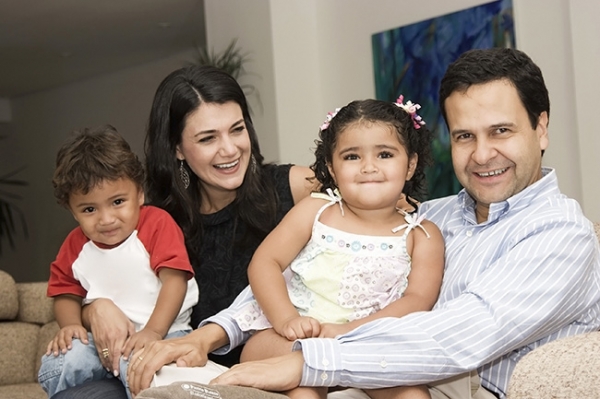Positive Parenting: Accept Feelings, Limit Actions
by Rebecca EanesContinued...
When we accept feelings and limit behaviors, we teach children that their emotions are a normal human experience and they are responsible for how their actions surrounding those emotions. Being both accepting and empathetic as well as firm and decisive is the essence of positive parenting. Let’s see how that plays out with the same scenario.
##ad##
Parent: Why did you push Tommy down?
Child: He stole my truck!
Parent: You’re mad. I get it; however, I won’t let you push people down. Come and sit with me until you’re calm.
Child: But it’s MINE! Make him give it back!
Parent: I want you to sit with me now. We will get the truck when you’re not angry.
##adbig##
Employ a time-in until child’s anger has subsided. There are many things to do to teach a child how to regulate his emotions, from deep breaths, coloring, hugs, visualization, and jumping jacks. Different things work for different children, and you will know what calms down your child.
The discipline comes after the storm passes.
Parent: You did great at calming down! Look at Tommy’s face. How do you think he’s feeling? How do you think you would feel if you were pushed down? (Teaching a child to put himself in another’s place encourages empathy). How can you make him feel better and get your truck back?
Child: I don’t know.
Parent: When someone hurts me, I feel better when they apologize. Do you think that would help Tommy? (Forced apologies don’t hold much weight, but I always suggest it in teaching my child how to repair relationships. I’ve found they always choose some way to say they are sorry, especially when they’re not forced to say it but instead we have focused on empathy for others.)
Child: I guess so, but I want my truck!
Parent: Use your words and ask him. I would say, “Tommy, I’m sorry I pushed you down. I want my truck back, please.” How does that sound to you?
When we don’t accept feelings, we inadvertently cause children to feel frustrated and possibly think there is something wrong with them because of how they feel. This almost certainly leads to more negative behavior and possibly a negative self-concept as well.
When we accept all feelings and actions, we don’t teach them how to manage themselves, and people who act impulsively on their wide range of emotions don’t fare well in life. Accepting feelings and limiting behaviors teaches that emotions are normal but that we have a responsibility to manage ourselves well, and this is the best way to raise emotionally intelligent children.
Related Article: Discipline Through Play

You might also like.













